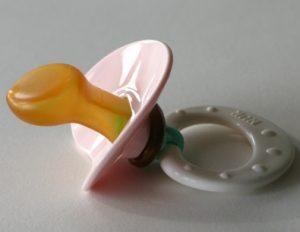Can You Get Pregnant Following Anorexia?
 For women, recovering from anorexia may mean coping with the repercussions of fertility complications.
For women, recovering from anorexia may mean coping with the repercussions of fertility complications.
While often a consequence of eating disorders that is not discussed, body weight and size – as well as overall health and nutrition – can have a significant impact on a woman’s ability to get pregnant.
Menstruation irregularities
According to Vanderbilt University’s Health Psychology Department, many anorexic girls and women may skip their periods often or stop menstruating altogether. Menstruation cessation (amenorrhea) can be permanent for some individuals, however many women will start their periods once they start to gain weight.
Body Weight
Low body weight or extreme weight loss can also cause ovulatory dysfunction, therefore impacting fertility. Even if a woman is only 10-15 percent under an ideal body weight for her height and age, menstrual irregularities can result. A certain amount of body fat is necessary to menstruate and stay pregnant after conception.
Increasing your odds of getting pregnant
The best way to increase your chances of conceiving is to maintain a healthy body weight. If you’re not sure what this number is, consult your physician. Proper nutrition may also boost your odds of getting pregnant; visit the American Pregnancy Association’s website for more information about eating guidelines.
After conception
Since pregnancy requires a significant amount of physical, mental and emotional stamina, it’s important to make sure you don’t relapse into anorexic behaviors after you conceive.
If you’re concerned about weight gain during pregnancy, talk to your doctor and/or work with a nutritionist who can help you develop a plan for healthy eating.
Finally, maintain a strong support network through friends, family, or an eating disorder therapist who can assist you in navigating the physical and emotional hurdles that sometimes accompany pregnancy.
Source: NEDA, Vanderbilt
 Eating Disorder Self Test. Take the EAT-26 self test to see if you might have eating disorder symptoms that might require professional evaluation. All answers are confidential.
Eating Disorder Self Test. Take the EAT-26 self test to see if you might have eating disorder symptoms that might require professional evaluation. All answers are confidential.